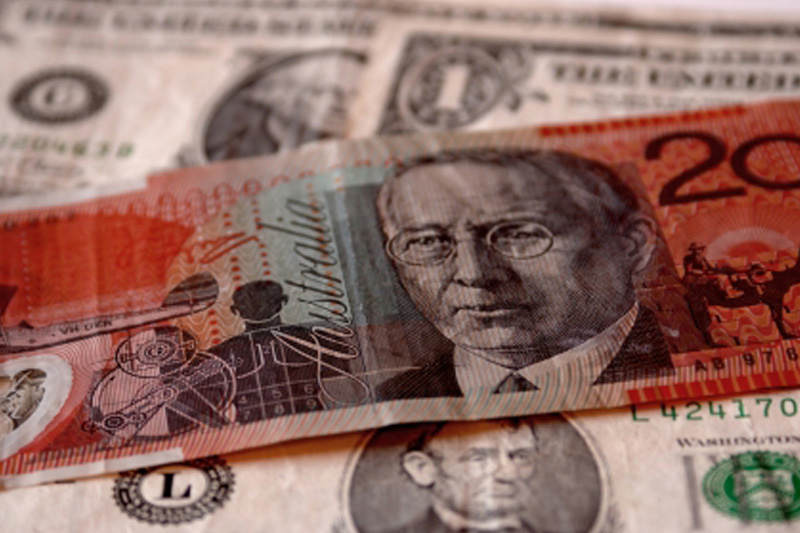Investing.com– Most Asian currencies weakened slightly on Tuesday as the dollar steadied from a recent rout, with the Japanese yen falling from seven-month peaks.
The Australian dollar was among the better performers in the region, firming after the Reserve Bank of Australia kept rates unchanged but struck a hawkish chord amid sticky inflation in the country.
Still, sentiment towards regional markets remained fragile, especially as fears of a U.S. recession remained in play, while the unwinding of the yen carry trade also sparked widespread outflows from the region.
Yen falls from 7-mth peak, but strong wages herald resilience
The Japanese yen weakened on Tuesday, with the pair surging nearly 1% from its weakest levels in seven months. The pair had fallen as low as the mid-141 yen levels.
The yen benefited from increased safe haven demand as broader financial markets crashed. Hawkish signals from the Bank of Japan- which raised interest rates and flagged more hikes- also boosted the currency, as did an unwinding carry trade.
Strong – which showed a consistent pick-up in earnings through June- also furthered the BOJ’s outlook that increased wages will drive up spending and inflation this year.
But data missed expectations in June, contracting more than expected from last year.
Australian dollar firms as RBA waxes hawkish
The Australian dollar firmed, with the pair rising 0.2%after the RBA as widely expected.
But the central bank said it will keep policy restrictive in the coming months, citing pressure from sticky inflation. While the bank did not explicitly mention the potential for more rate hikes, it said it was prepared to undertake any measures to bring down inflation.
Analysts do not expect the RBA to hike rates further, with second-quarter inflation showing mild signs of easing. But the central bank is widely expected to keep rates higher for longer, benefiting the Aussie.
Dollar steadies, but rate cut bets limit recovery
The and rose 0.2% each on Tuesday, steadying from a fall to near seven-month lows.
The dollar was battered by fears of a U.S. recession after a batch of weak readings on the labor market.
While some labor market weakness was attributed to the impact of a recent hurricane, the soft data ramped up bets that the Federal Reserve will have to cut rates more than initially expected.
This notion battered the dollar, but offered little relief to Asian currencies as risk appetite worsened.
Broader Asian currencies drifted lower. The Chinese yuan’s pair rose 0.2% in anticipation of key trade and inflation data this week.
The South Korean won’s pair rose 0.5%, while the Indian rupee’s pair hovered near record highs.

